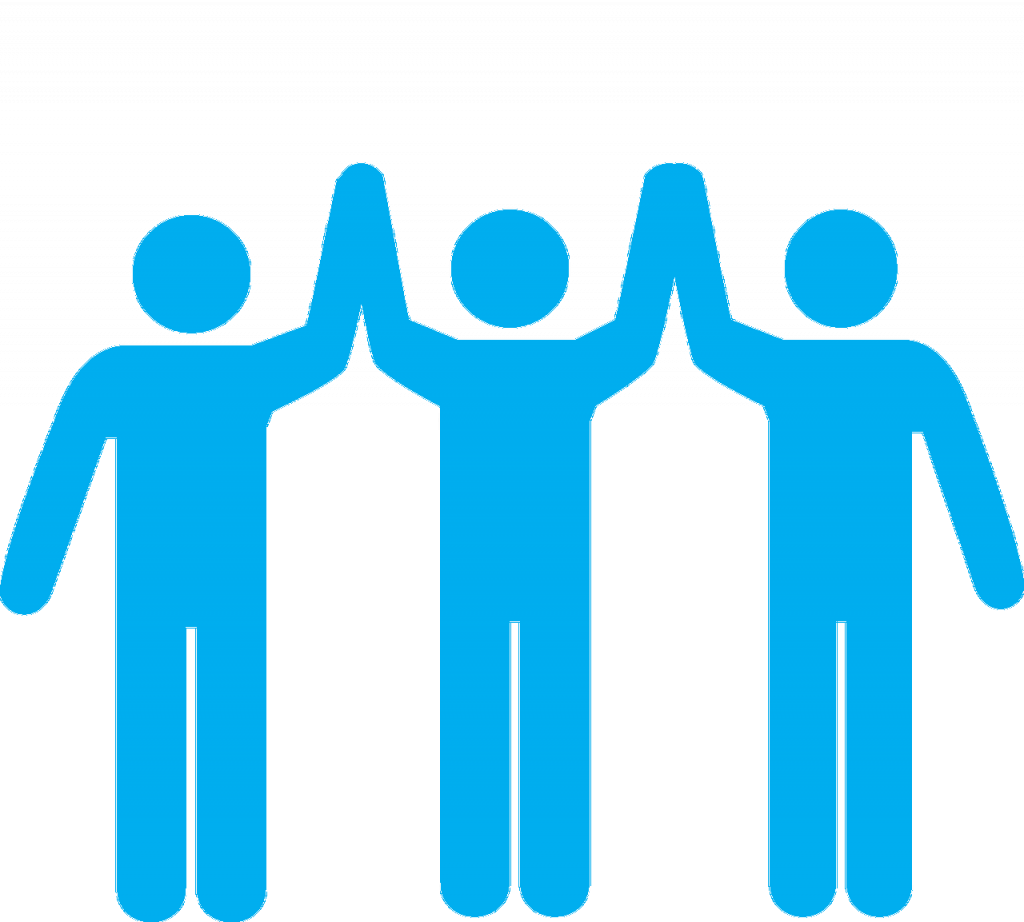Preparing for the Interview

During an interview, the interviewer(s) will ask you questions geared towards assessing your past experiences and how close those experiences and skills match the open position or job. The interviewer’s role is to identify the candidate that best exhibits the workforce skills, culture fit, and motivational fit to the position posted.
It is important to highlight your team and teamwork examples on your resume, but it becomes even more important to be able to articulate those in an interview. As you prepare for a phone interview or a face to face interview, be sure to review your resume first and ensure that you are able to discuss and clearly talk about the team examples you have provided.
As you prepare for your interview, have at least three to four examples of teamwork (and other workforce skills) ready to share. Employers will typically focus on the information provided on your resume, but you should also prepare additional examples, not on your resume. This is especially important if you will be participating in interviews with several people. You will want to provide different examples to different interviewers if possible.
Questions:
The key to a successful interview is to prepare and practice how you will share your past experiences and examples. Your ability to now “tell your story” is critical to helping the employer assess you as the best candidate for the role. Some typical questions employers ask to focus on teamwork include, but are not limited to the following:
|
The Behavioral Interview
Many employers will use a behaviorally structured interview process. A behavioral interview process focuses on your past experiences, including the specific context and actions that took place.
Structure your teamwork examples, and all the examples you share, following the behavioral interview process. This methodology will also help you be concise and focused in your response.
Below is an example of a behavioral interview response around teamwork that includes the situation or example, what you said and did in the situation or example, and the result.
|
I worked at a restaurant and I was on the server team for six months my junior year. That team was responsible for bringing customers their food and ensuring good customer service. |
|
On that team, I prepared shift schedules on weekly basis to ensure work was evenly distributed among the team members, I checked inventory on a daily bases and I created agendas for meetings to ensure the team stayed on track. |
|
The result was there were no scheduling gaps for six months while I was on the server team in that role. As a result, my team won the most customer-focused team every month for those six months. |
 |
|

